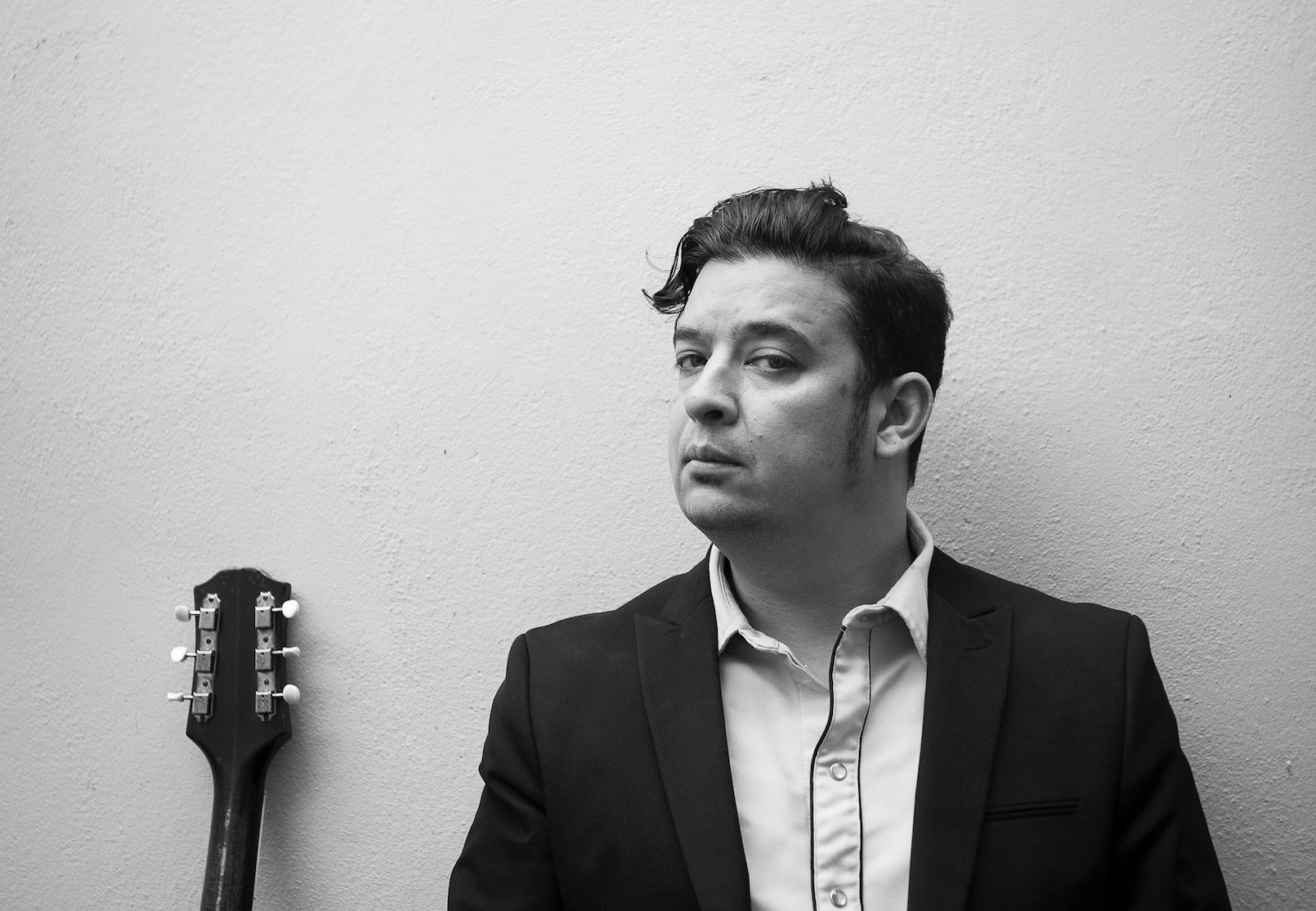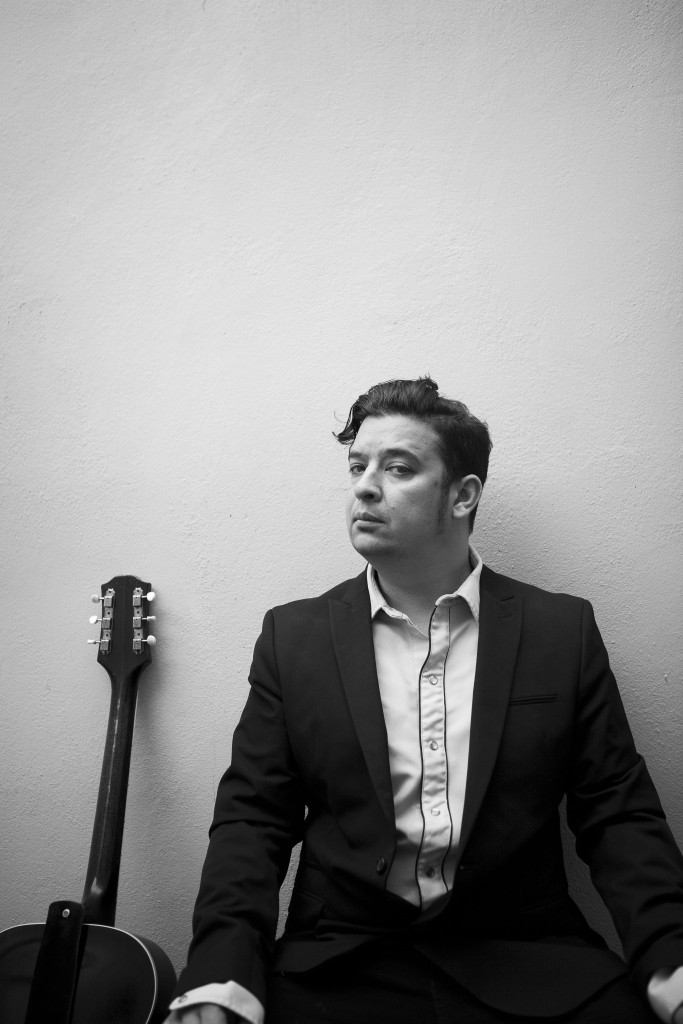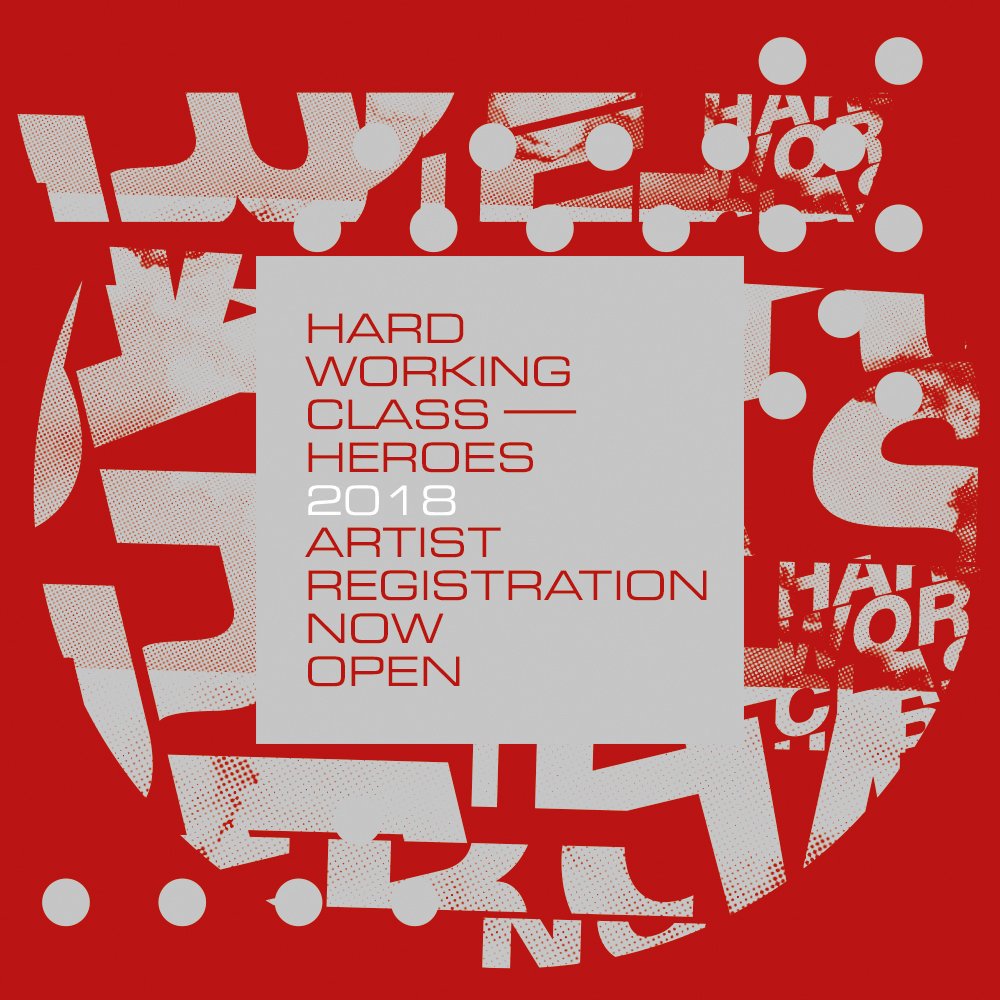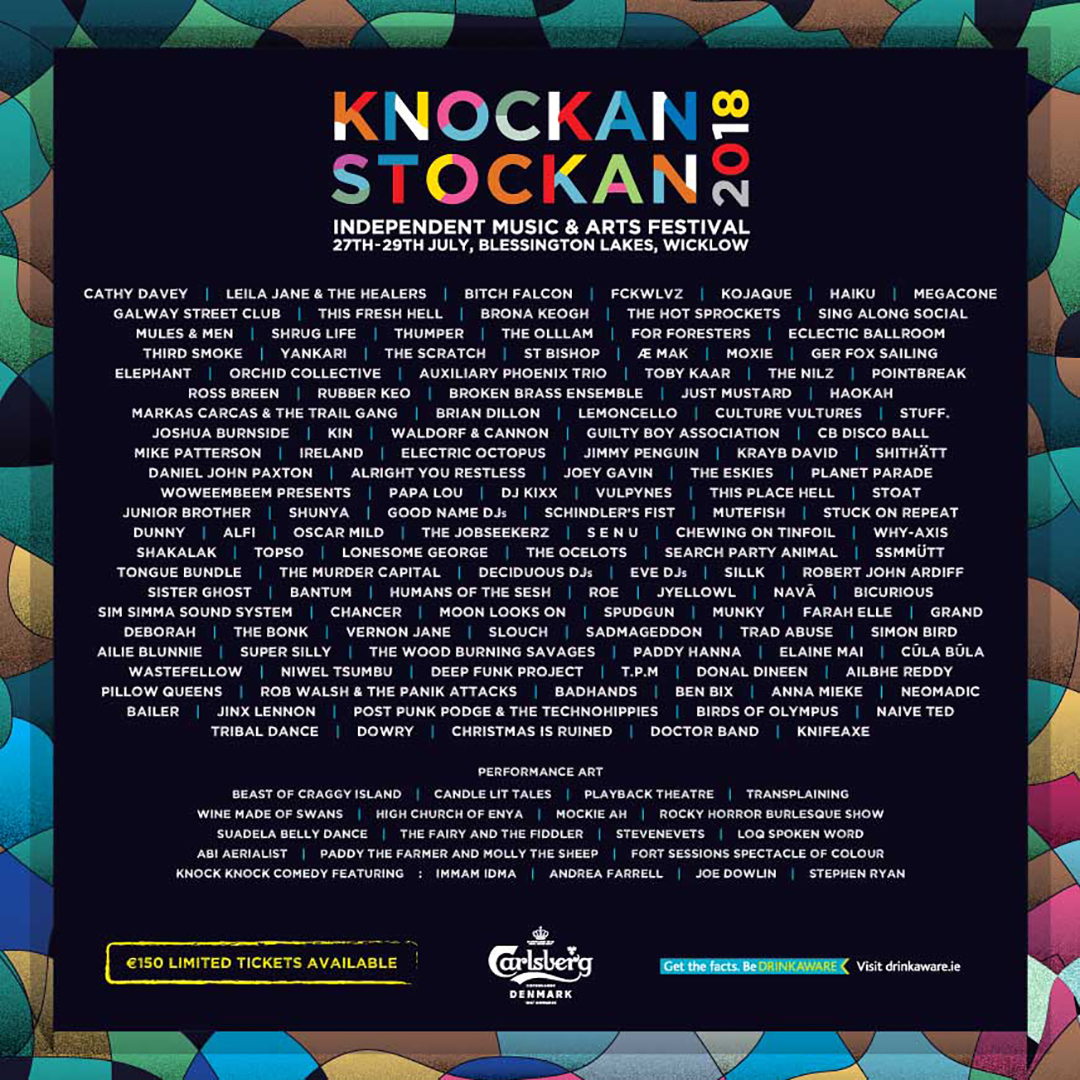Ahead of the launch of his debut album, Open Season, at Belfast’s Black Box on Thursday, June 14, Belfast-based musician and songwriter Peter Sumadh AKA The Mad Dalton talks to us about process, influence, the imprint of literature on his work, how his Scots/Canadian heritage frames his craft, the musicians that have helped bring his music to life and more.
Go here to buy tickets to the launch of Open Season.
Your debut album, Open Season, is set for release on June 15. You’re releasing it via a successful pledge campaign. Were you hesitant to do this and how was the experience for you?
Yeah, for sure it can be a daunting feeling when you’re trying something new. In this instance seeing so many well established acts using the platform, was a little puzzling at first, but once I’d familiarised myself with the concept of pre-sales and how to get my message out there w/ what I hoped to achieve it was cool. I received unreal support from my fan base and many others via my campaign. What was really satisfying was reaching my target primarily from pre-orders for hard copies than any of the other items/services I’d made available. Ultimately, the record would have gotten completed eventually but I couldn’t have got there without so many people showing a whole lot of faith in me to help push this through towards the finish line.
It’s the full-length follow-up from 2015’s The Little Belfry EP. How do you feel it relates to this release in terms of progression, both musical and thematic?
For an LP, above all, a collection of songs, that somehow fit together like the chapters in a novel w/out sounding “samey” was important. I did not want to make a “safe” record and hopefully the songs reflect that.
Other than the opening track, these songs were mostly written in the last two years so this material has a fresh perspective – the EP contained some older songs. We actually had the album tracks on the EP mapped out in colours like the lines on a Rothko painting – this helped visualise the contrasts and certainly the final running order and song selection for ‘Open Season’ was painstaking and reflects a similar approach – no song sounds alike, I don’t think, but hopefully we got the mix right w/ this material.
‘Golden Cage’ has electric sitar on it and perhaps it’s harder edge may be more indicative of where ‘The Mad Dalton’ sound may be going but I don’t think there is any specific prescribed genre this project aimed to sit in musically – whatever the individual song demanded is where it went and that’s been an exhilarating experience watching their journey.
Tell us about the recording process for the album. Who did you team up with and how did things vary from capturing earlier material?
I’d initially planned to do another EP but I was writing a lot so I had plenty of material to work with towards a full length album. I just felt it made sense to go for it, record and keep my writing process fresh rather than begin the process of stockpiling and leaving stuff on the shelf.
There were songs remaining from the ‘Little Belfry’ session but for the new material, I returned to Millbank where Michael Mormecha engineered the EP, but he was in Chicago with Malojian at Steve Albini’s.
I’d gotten to know James Lyttle over time, we developed a partnership that worked really well so he engineered and even talked me into mixing the record.
I brought my ol’ ‘58 Epiphone acoustic to these sessions as well as some different musicians and instruments, like strings, sax, harmonica, mandolin and uh… coconuts (which were not on the EP).
The songs were all demoed written well before the sessions began and arrangements. The recording took place without having a stable band lineup in place so it was carte blanche and I choreographed appropriate musicians with James until we felt the tracks were complete.
We left some tracks off the record that will see the light of the day another time. I’m curious how having a more stable band line up as i do just now might alter my approach on future recordings and I’m looking forward to the prospect of stepping out my comfort zone to capture something different next time around.
It’s been said your sound sits somewhere between Ron Sexsmith and Leonard Cohen. But which artists do you think have made an imprint on your craft?
If it has, I’m not sure that I’m worthy – both esteemed songwriters I hold in extremely high regard. Musically a lot of traditional roots or Americana sounds might seem evident on the album, but I certainly feel a conscious effort to lyrically separate the songs from sitting comfortably on the shelf of any specific genre – I’m hoping my writing sounds like an uninhibited version like me.
Mr Cohen validated his own crafting process in an old CBC interview where he said songs/poems often gestated for years and sometimes even decades while he edited. My song ‘Oh Marseille’ had over 40 verses and 10 choruses at one point – but I got there eventually…I just wrote until I felt I was “done” then cut them all out & pasted them on two A3 pages, re-ordered & assembled them on my wall.
‘Old Guard’ is as it happens, is a song I wrote after Mr Cohen passed.
Musically, I expect the sound underpinning my songs to evolve – it’s important to be chameleon-like and be modern: I like wearing different outfits from time-to-time, metaphorically speaking and being surrounded by great musicians helps bring that ethos alive and broaden the scope of possibilities.
If you were to select one song on the album that you feel best represents its overarching mood, which would it be and why?
‘On The Lam’ – the opener: it has nuances of reflection, brutality, heartbreak, tenderness, anguish and regret. I began writing the lyrics before I left Toronto, but the character singing the song turned the story into something almost beyond recognition to me, lyrically and musically – I don’t know if there is such a thing as alt-folk, which I’ve heard some people use to describe TMD but perhaps this is “Dalt-folk.
The “hidden track” on the hard copy of the album is worth mentioning however: it’s part waltz, part stream-of-consciousness and was described by Jonny Woods (who mixed it) as “prog-folk”. Whatever it is, the time signatures and textures almost broke Millbank but I laid it down exactly as how I first heard it and it captures a lot of different feels – but you’ll have to buy the CD to hear it
The influence of literature is strong on your work. Can you give some examples of how you feel poetry and prose has filtering into your own lyrics?
I’d say that for me they are different forms of expression coming from the same place but that they are both different mediums and though the writing process is similar – I don’t know that I have much crossover as I make a separation in my song writing which is distinctly different to my poetry and my prose.
Upon rising, before the consciousness impede its authority on the lyric or the chord, is when I find the creative process most revealing and what seems like an idle strum or a simple hum can transform into something magical.
I like to throw out the odd literary references because that’s how I myself discovered many artists: The Doors in particular led me to Ginsberg, Kerouac, Rimbaud.
‘Bicycle Charms’ mentions Kahlil Gibran, ‘Old Guard’ quotes Hemingway, ‘Golden Cage’ is a line from Bukowski’s movie ‘Barfly’, “The Devil Came To Derry” references a Baudelaire quote – the literary references are intentional.
I quit smoking 5 years ago so I could maintain a singing voice of sorts, but a spoken word album would be cool one day – a poetry album would be a distinct crossover.
You’re a Scots/Canadian musician based in Belfast. How, if at all, do you think your background sets you apart from your Northern Irish music-making peers?
Ha other than my name perhaps being a little trickier to pronounce and my skin being a little darker we’re still all the same species navigating mad times. Having said that, i’ve still not gotten used to the hazards of boarding a Translink bus w/a guitar on my back.
Naturally, I see this city and what happens here a little differently than a native might – I’m fortunate to have come from a mixed background and a transient upbringing in different places from having left home at a young age.
I feel honoured to be making music out of Belfast, bearing witness to what is happening here now and hope to be creative here for a long while yet whether that’s in the studio or the library – everyone should have the freedom to do that. I’ve met some lifelong friends here doing that and because of that it feels symbiotic, like home. I’ve moved to Ireland and quit drinking… that feels different but it hasn’t dimmed my view of the craic here!
You’re releasing the album in the Black Box. Tell us about the musicians known as the Dalton gang who will be joining you on the night.
Ah yes, well this line up is a mix of newcomers and wily veterans. Drummer Davy Bates has lifted us to another level since he came on board and alongside upright bass player Andrew Thompson underpins the rhythm section. I’m also honoured to have the talented artist Kieron Black on mandolin and electric guitar, I’ve been telling anyone who’ll listen that “Cookin’” Karl Devlin (slide-guitar) is the most authentic Delta Blues-man about.
Long-time sidekick Ciaran “Scruffy” Gallagher remains a mainstay as does “Wally” on trombone. Seonaid Murray on Devil’s horn completes the brass section with grace and eloquence. Gretsch maestro George McKinney will also be making a guest appearance.
Looking forward to after the release date, what are the hopes and plans for the Mad Dalton in 2018?
We’re excited to be playing Sunflower Fest on Sunday, July 29 and hope to have some other festival dates confirmed soon.
We’ve a video for a new single coming out pre-Autumn and some solo shows are on the cards in England too. We’ll be organising some full band dates down South before the end of the year.
I’m always writing so some studio time to record some more material for a 2019 release is inevitable. I have a French language project in the pipeline and quite separately I’m releasing a limited edition run of my poetry shortly.
Some driving lessons before these Translink buses kill me might be a wise idea, too. Any suggestions for a quality instructor?







